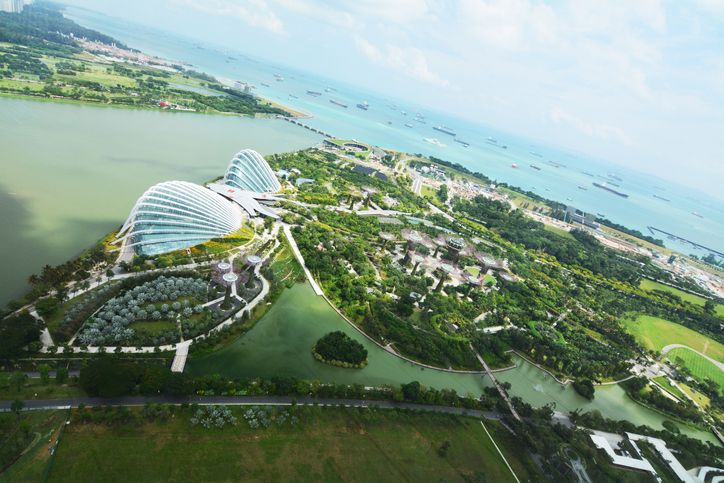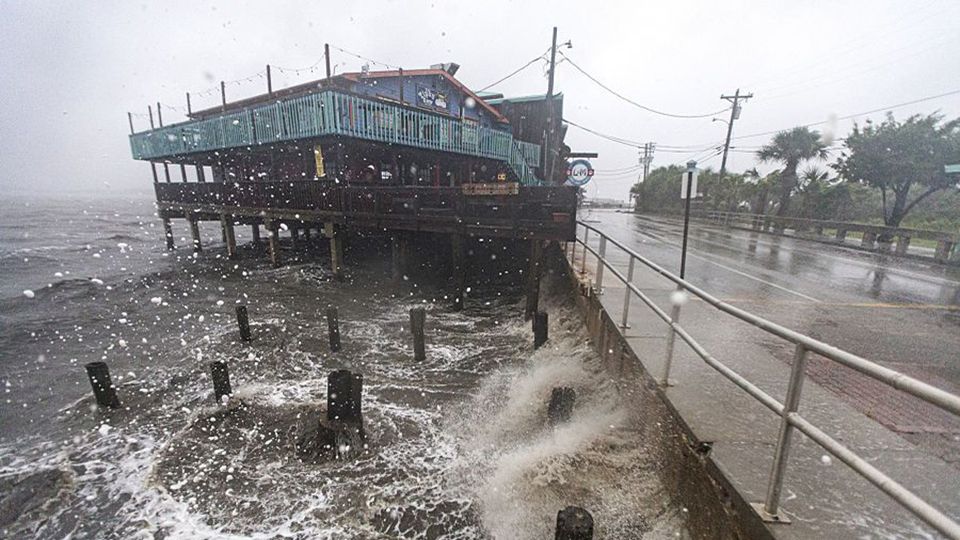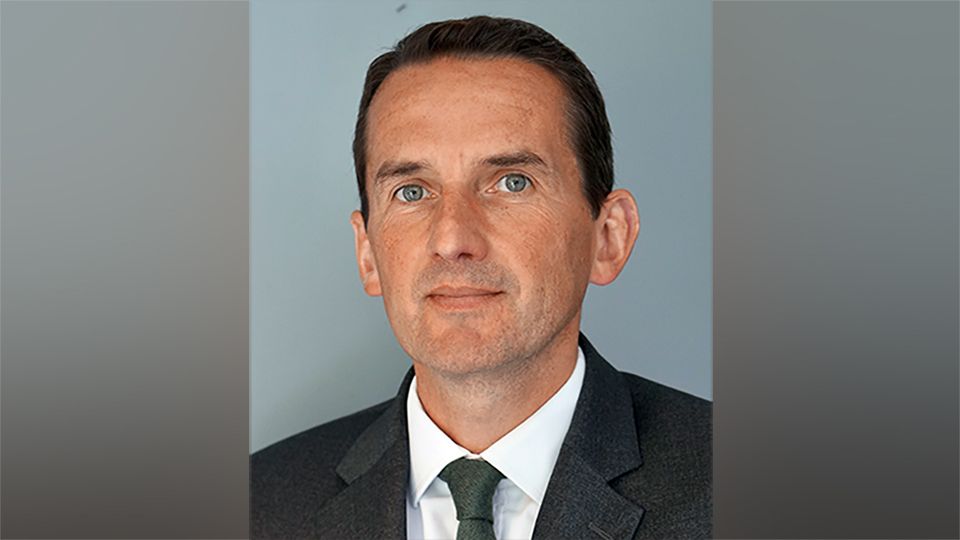The Monetary Authority of Singapore (MAS) has announced that it will soon be placing $2bn of its funds with asset managers with a strong green focus.
The “Green Investments Programme”, which was announced in 2019, will help support Singapore’s financial centre in promoting environmentally sustainable projects and mitigating climate change risks in Singapore and in the region.
“Through a highly competitive process, we have now identified a select group of asset managers with a strong green focus,” Ravi Menon, managing director of the MAS, said at the IMAS-Bloomberg Investment Conference held yesterday, but did not name the firms.
“They have a good track record of sustainability investing, robust stewardship policies and a strong understanding of how to deliver a portfolio that has a deep environmental footprint while still delivering good returns.”
Menon noted that the selected asset managers will also designate Singapore as their sustainability hub in Asia-Pacific.
“Their Singapore offices will lead Asia-focused sustainability research and spearhead ESG engagements in the region. Many also have plans for designing training curriculum in sustainable finance to help build relevant skills among the broader investor community,” he added.
Investors in the region are allocating more assets towards ESG assets. Last year, ESG assets in Asia doubled to around $43bn, according to Menon. Of the record $30bn global inflows into ESG funds last year, Asia attracted around $22bn.
“But we need to do much more to allocate the capital that is necessary to support Asia’s transition to a sustainable future.”
CHALLENGE TO SUSTAINABLE INVESTING
While ESG investing is picking up in the region, Menon acknowledged that one of the biggest challenges to sustainability investing is a lack of clear, agreed definitions of what is green and what is sustainable.
“Despite good improvements in ESG disclosures, there are varying standards and inconsistent definitions,” Menon said.
“ESG scores of companies vary due to differences in methodologies used by rating agencies, and these methodologies are often opaque to the investor. The lack of consistency and transparency affects investors’ ability to monitor progress in emissions reduction or measure outcomes in sustainability.”
The MAS is now tackling this issue through four strategies.
First, it aims to provide guidance for asset managers to assess, monitor, mitigate and disclose environmental risks. Recently, the regulator issued all financial institutions guidelines on environmental risk management incorporating best practices drawn from around the world.
Second, to develop taxonomy to identify and classify activities that can be considered green or in transition towards green.
Third, to promote active stewardship by investors to promote sustainability in their investee companies.
Fourth, to work with other central banks and regulators to shape internationally consistent ESG reporting and disclosure.
Fund Selector Asia is holding the live









